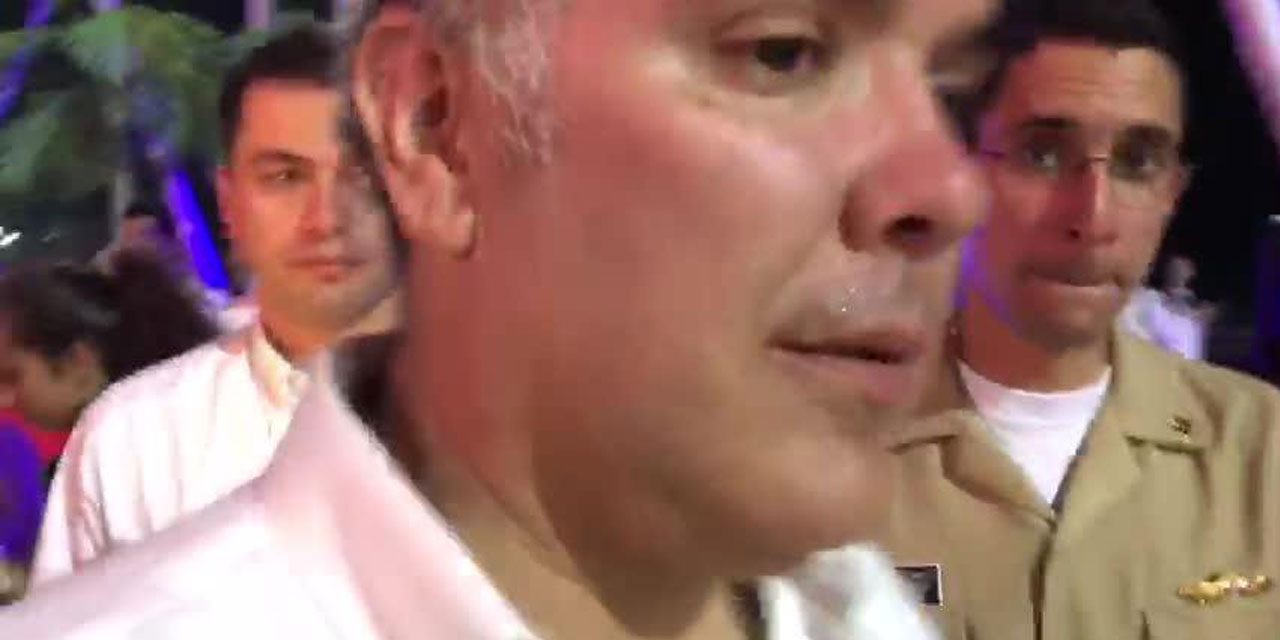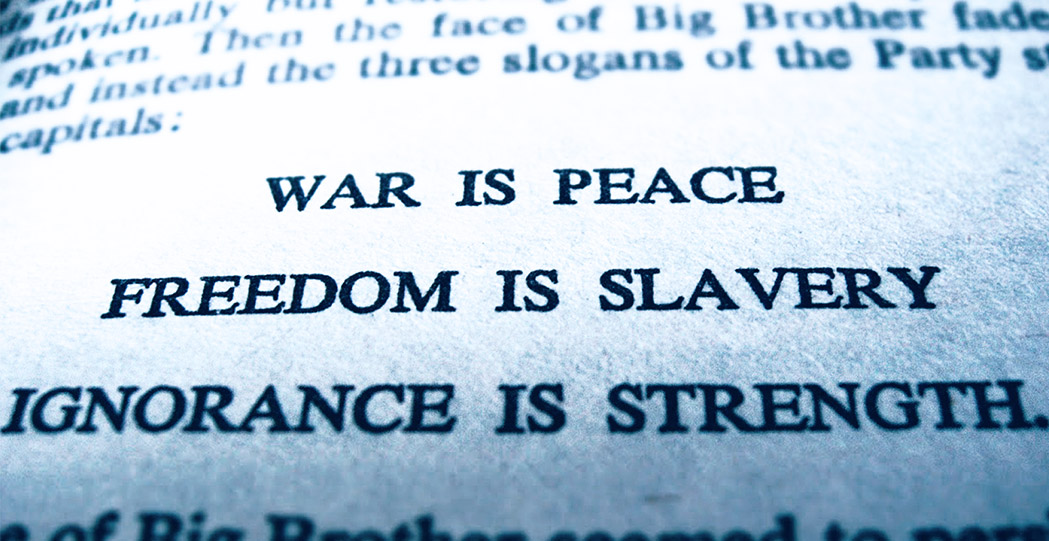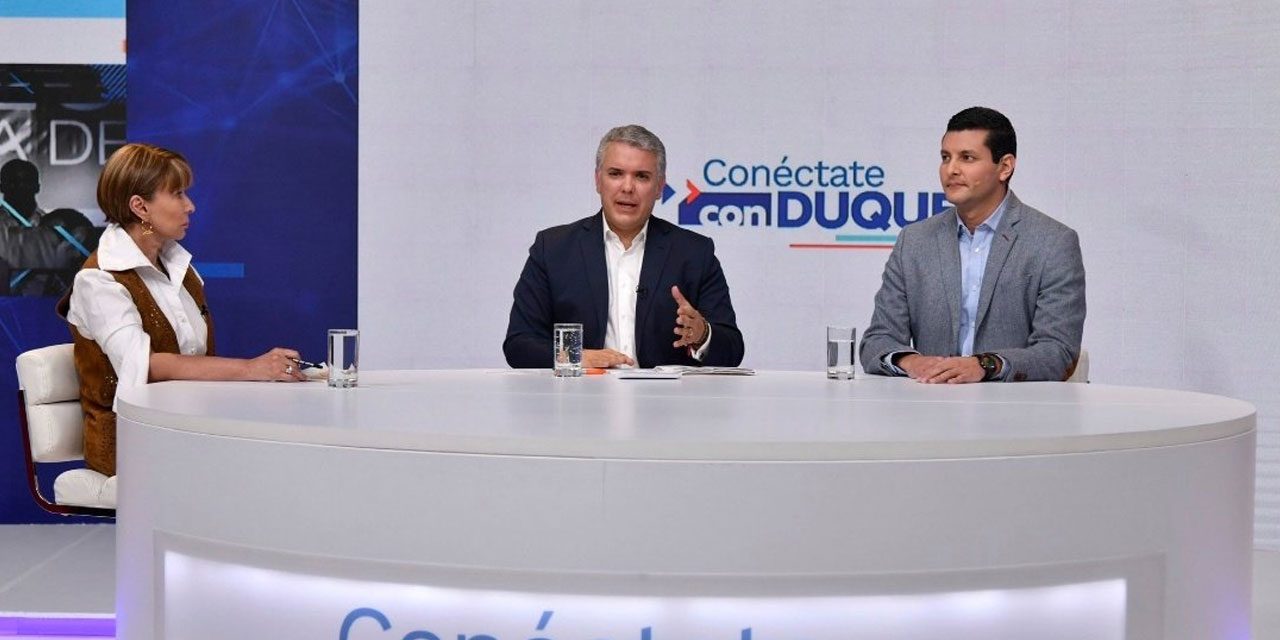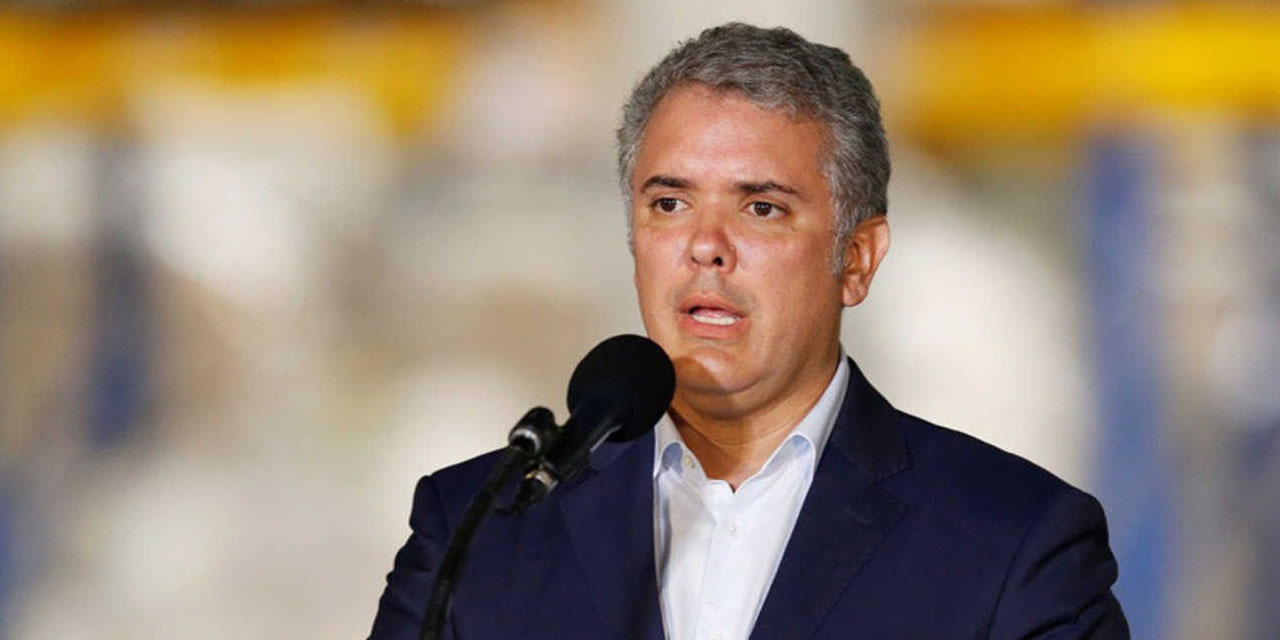Colombia’s country’s traditional and social media agree: President Ivan Duque is afraid that Thursday’s national strike is an attempted coup.
According to weekly Semana, this fear was stoked when his ally, Chilean President Sebastian Piñera, saw student protests turn violent on October 17.
Before that, the strike that was announced on October 4 was going to be no different than any other.
Fueled by the fear-mongering of his far-right Democratic Center (CD) party, the president’s decision-making, or lack thereof, appears to stem from this fear.
Colombia’s national strike: how Duque’s pipe dream turned into a nightmare
The gradual collapse of the Duque administration

President Ivan Duque (Image: Twitter)
On October 27, Duque’s party received a devastating beating in local elections. The day before, his Chilean counterpart had already asked his ministers to resign.
A poll held around the elections showed that Duque’s approval rating by then had sunk to 26% while disapproval hit a record 69%.
The president didn’t get the message and stayed on the track that had led to the election defeat and the dismal approval rating, refusing to talk to the students and the indigenous organizations that had joined the protest.
To make Duque’s situation worse, a scandal over the bombing of minors triggered the resignation of his defense minister, who was supposed to take charge of the attempted overthrow the president reportedly was imagining.
The decomposition of Ivan Duque, a.k.a. Colombia’s president
Duque begins believing his own lies
Despite the electoral defeat, the resignation of his minister and the polling statistics, Duque’s advisers believed the popular rejection was a PR issue, not an issue of unpopular and failing policies.
The indigenous joined the strike to protest the ethnic violence that has been escalating for more than half a year and was killing one leader every three days. The students joined in opposition to the violence used by police to repress anti-corruption protests.
Blatantly denying the protest organizations’ demands, Duque and his ministers kept repeating lies about improved security and other alleged positive results.
On November 9, the government’s political patron, former President Alvaro Uribe, began spinning all kinds of conspiracy theories involving foreign infiltrators, the Sao Paulo Forum and intended attacks on public infrastructure.
The day after, the president confirmed that “some” sought to “ignite Colombia” in the protests and began spinning that protesters sought to “destruct the Colombia we have been constructing.”
Two days after, Vice President Marta Lucia Martinez falsely claimed that “many are calling for violence.”
All of the protest organizers have repeatedly called for peaceful protests, contrary to hardcore “uribistas” who announced the formation of fight squads.
Far-right and military seeking to violently disrupt Colombia’s anti-government protests: audio
National strike is coup?

Extract from George Orwell’s book “1984”
Having completely lost track of reality, Duque and his ministers began a PR offensive, systematically denying the veracity of the reasons given by the students, the unions and opposition parties to protest.
The protest organizers calmly confirmed the validity of their demands, increasing support for peaceful protests.
On November 14, Miss Colombia expressed her support for the protests and urged Duque “to support us and to listen why we are marching.”
The government, however, had gone into siege mode; on that same day, Armed Forces commander General Luis Fernando Navarro ordered the highest state of alert and the migration authority began expelling foreigners.
The great challenge we have is that this call does not end up being an attempt at a coup, or a long-term plan to set the country on fire. For that reason, the president is personally at the forefront of everything.
Anonymous source via Semana
When even Miss Colombia calls to join anti-government protests
Repeating Piñera’s mistake while going Maduro
 Duque went into overdrive on Sunday, introducing a self-hosted television program of two hours similar to that of his Venezuelan counterpart Nicolas Maduro.
Duque went into overdrive on Sunday, introducing a self-hosted television program of two hours similar to that of his Venezuelan counterpart Nicolas Maduro.
In the program, the president repeated his “destruct Colombia” claim and ministers highlighted their self-proclaimed successes.
On Monday, the military began militarizing Bogota and all alarm bells about the government’s militaristic approach went off.
In Chile, it was Piñera’s militaristic response to relatively minor student protests that ignited the revolt that by now has forced him to promise a new constitution.
According to a poll held by commercial television network Caracol, the protests were supported by 70% of the population and rejected by 20%.
On Tuesday, police in Bogota raided artist collectives, human rights organizations and the homes of student leaders, and reports of arbitrary detentions emerged. Two people were arrested.
In response, people who hadn’t marched in their life committed to taking part in the protests and #DuqueIsAFRAID trended on Twitter.
While all protest organizations reiterated they sought nothing but peaceful protests, Semana confirmed that Duque truly believed an attempt to overthrow his government was ongoing.


